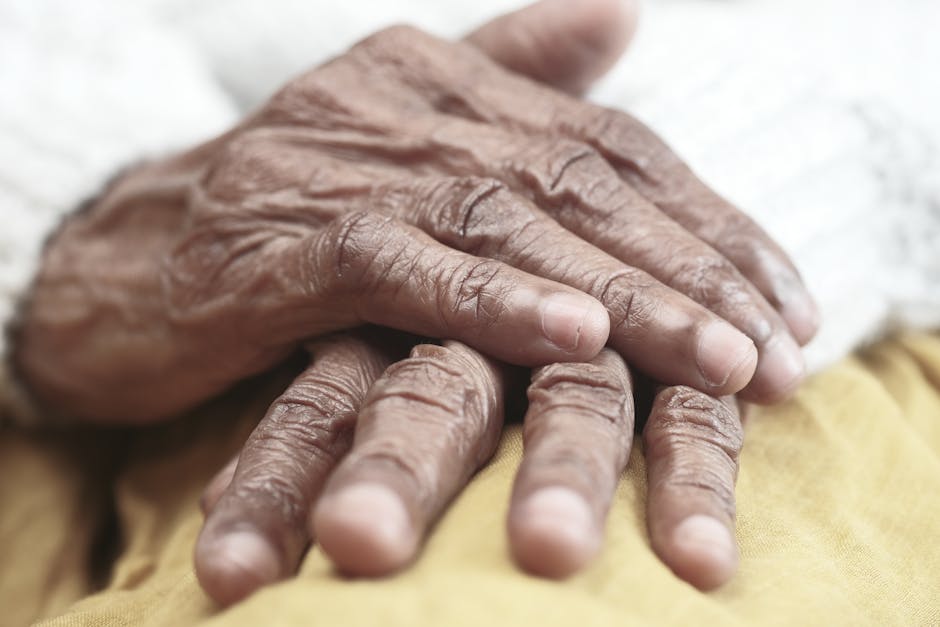Why Cracking Your Knuckles Does Not Cause Arthritis
The idea that cracking knuckles causes arthritis is widely believed, but research does not support this claim. The belief likely stems from the discomfort some experience when hearing the sound, leading to the assumption that repeated cracking damages joints. However, medical research has repeatedly shown that knuckle cracking does not contribute to arthritis development.
Studies investigating this habit have found no direct link between knuckle cracking and conditions like osteoarthritis. Instead, the sound comes from gas bubbles forming and collapsing within the synovial fluid of the joints. While excessive cracking may lead to minor swelling or reduced grip strength in some individuals, it does not cause long-term joint damage or arthritis.
Understanding What Happens When You Crack Your Knuckles
The characteristic popping sound when cracking knuckles comes from changes in joint pressure rather than bones grinding against each other. Synovial fluid surrounds joints, providing lubrication and minimizing friction.

When a person pulls or bends their fingers, they create negative pressure in the joint capsule, causing dissolved gases to form bubbles. The rapid collapse of these bubbles produces the familiar popping noise.
A study published in PNAS used MRI imaging to analyze this process, confirming that gas bubbles play a crucial role in producing the sound. This phenomenon is called cavitation and is harmless under normal circumstances. It takes time for these bubbles to reform after being released, which explains why people cannot crack the same knuckle repeatedly in quick succession.
The Myth of Arthritis and Joint Damage
Research has repeatedly disproven the claim that cracking your knuckles leads to arthritis. Sure! Please provide the full original sentence, and I'll rewrite it while maintaining its meaning with improved clarity and engagement. Donald Unger examined this claim through self-experimentation. For over 60 years, he cracked the knuckles on one hand while leaving the other untouched. At the end of his study, he found no difference in arthritis development between his two hands.
Additional research supports these findings. A study published in The Journal of Rheumatology analyzed individuals who regularly cracked their knuckles and found no increased risk of osteoarthritis compared to those who did not engage in the habit. These results confirm that there is no medical basis for associating knuckle cracking with arthritis.
Potential Side Effects of Knuckle Cracking
Although cracking knuckles does not cause arthritis, excessive or forceful cracking may lead to minor issues:
- Temporary swelling: Some individuals may experience mild swelling due to frequent joint manipulation.
- Reduced grip strength: Studies suggest habitual knuckle crackers may have slightly weaker grip strength compared to non-crackers.
- Ligament strain: Forcefully pulling fingers can place unnecessary stress on ligaments over time.
The risk of these effects is minimal unless an individual cracks their knuckles aggressively or experiences pre-existing joint conditions.
The Psychological Aspect of Knuckle Cracking
For many people, cracking knuckles is a subconscious habit similar to nail-biting or tapping fingers. Some report feeling a sense of relief or satisfaction after doing it. The action stimulates sensory receptors around the joints, which can create a temporary soothing sensation.
If someone cracks their knuckles out of stress or nervousness, behavioral techniques such as mindfulness or using stress balls may help reduce reliance on the habit without eliminating it entirely.
The Verdict: No Link Between Knuckle Cracking and Arthritis
The belief that cracking knuckles causes arthritis is a long-standing myth with no scientific backing. Research consistently shows that this habit does not contribute to joint diseases like osteoarthritis. While excessive cracking could lead to minor side effects such as temporary swelling or reduced grip strength, it poses no serious health risks for most individuals. Understanding the mechanics behind knuckle cracking helps dispel misinformation and reassures those who engage in the habit that it is unlikely to harm their joints in the long run.
Changing Views on Knuckle Cracking Over Time
The perception of knuckle cracking and its assumed relationship with arthritis has transformed over time, with cultural beliefs and scientific advancements playing pivotal roles. Examining how these perspectives have changed over time reveals why some myths endure while others give way to well-founded insights.
Historically, the sound of knuckle cracking was often associated with negative connotations, primarily due to societal and cultural influences rather than scientific evidence. This belief was propagated in families and communities, leading to a widespread assumption that cracking knuckles could lead to health issues like arthritis. For some, the sound was unsettling, which only strengthened the myth.
As medical science progressed, so did the study of joint health. In the mid-20th century, researchers began to investigate the mechanics behind the knuckle-cracking phenomenon. Their studies revealed that the sound was harmless and not indicative of any joint damage. This discovery marked a turning point, challenging long-standing misconceptions. Dr. Donald Unger’s self-experimentation, where he cracked the knuckles of one hand for over 60 years without any signs of arthritis development compared to his other hand, became a seminal piece of evidence against the myth.
Advanced imaging technologies such as MRI scans are reshaping our understanding of long-held health beliefs. Research published in PNAS employed such technology to understand how gas bubbles within the synovial fluid contribute to the popping sound, thereby eliminating fears of potential harm associated with knuckle cracking (PNAS).
Cultural myths continue to circulate in some communities, often inherited as anecdotal beliefs. However, healthcare-led education and awareness efforts are steadily fostering a more science-based perspective.
Challenging assumptions and relying on evidence fosters a more informed perspective. This approach helps individuals base their health choices on proven research instead of misinformation or speculation.